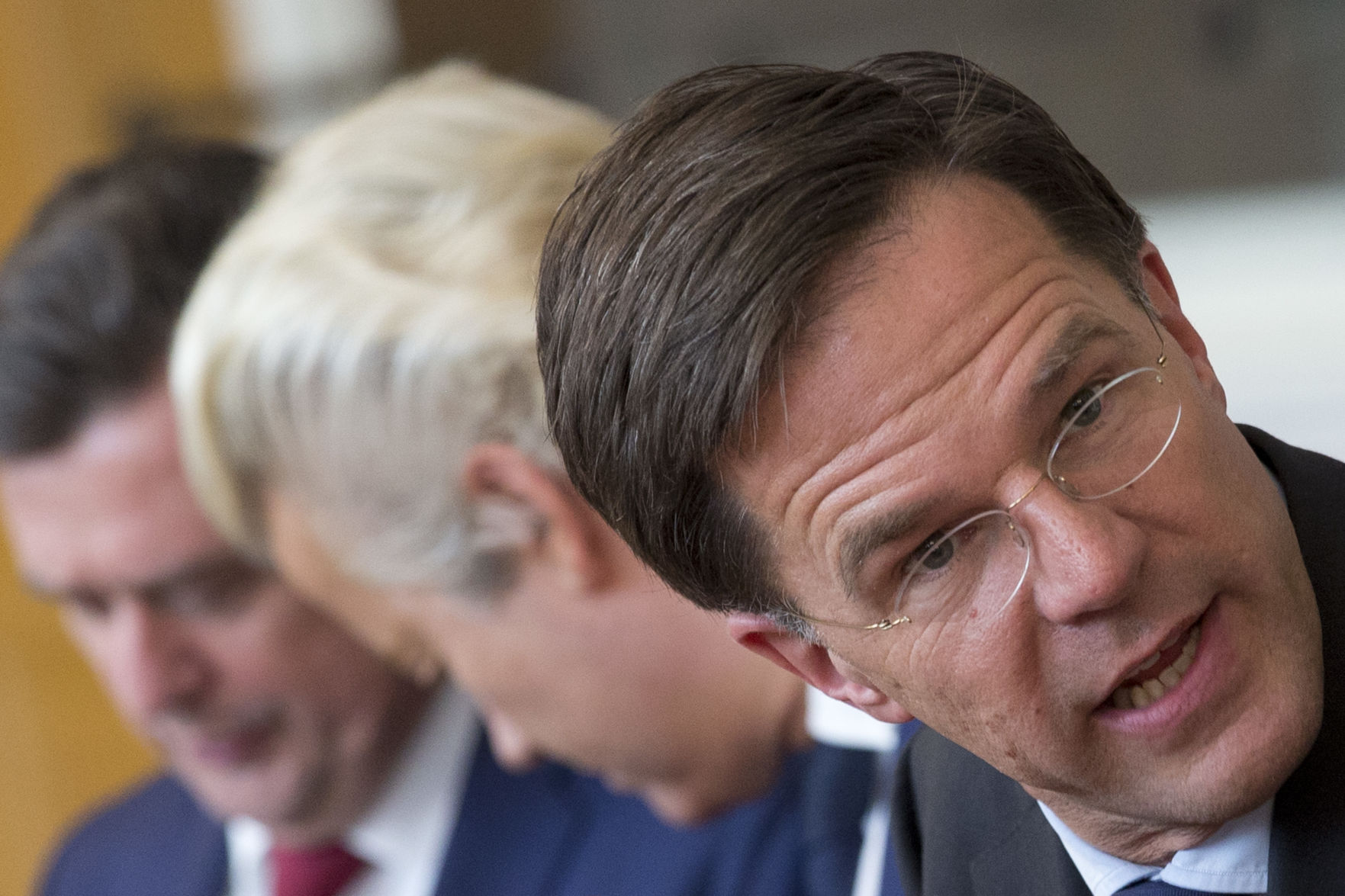THE HAGUE, Netherlands (AP) — The Netherlands’ new center-right, four-party coalition led by Prime Minister Mark Rutte published its policy blueprint Tuesday for the coming four years, including everything from a raft of tax cuts to an experiment with state-sanctioned
THE HAGUE, Netherlands (AP) — The Netherlands’ new center-right, four-party coalition led by Prime Minister Mark Rutte published its policy blueprint Tuesday for the coming four years, including everything from a raft of tax cuts to an experiment with state-sanctioned cannabis plantations.
The document set out a wide range of policies agreed between Rutte’s People’s Party for Freedom and Democracy, the Christian Democrats, the centrist and pro-European Union D66 party and the faith-based Christian Union.
A look at some of the coalition’s policies that the government — which has only a one-seat majority in the 150-seat lower house of Parliament and has yet to be sworn in — will try to implement:
CUTTING TAXES
After tough austerity measures helped the economy rebound strongly from the financial crisis, one of the major aims of Rutte’s new administration — his third — is cutting taxes for citizens and businesses.
Rutte said that the Netherlands is thriving, “but too many people are not yet feeling it.”
But Geert Wilders, the anti-Islam lawmaker whose Party for Freedom is the second largest in Dutch Parliament, accused the new government of deceit, saying the tax cuts were balanced out by tax rises elsewhere.
———
GROWING WEED
In an experiment aimed at getting a grip on the huge illegal cannabis growing industry supplying the world famous Dutch cafes allowed to sell small amounts of pot, the government wants to sanction a small number of officially-tolerated cannabis plantations. Experiments will be carried out in between six and 10 municipalities “to see if and how quality-controlled weed can be delivered to coffee shops.” The experiments will then be evaluated before the government decides whether to take further steps.
The union of coffee shop owners welcomed the idea, but said it needs to see more details before giving further comment.
————
IMMIGRATION AND CITIZENSHIP
The coalition wants more deals similar to the one between the European Union and Turkey aimed at slowing the flow of migrants to Europe. It also plans to cut the length of initial residency permits for successful asylum seekers from five years to three, and do more to compel asylum seekers to better integrate into Dutch society.
In an effort to promote Dutch national identity, all school children will be taught the words and historical context of the national anthem.
————
CLIMATE
The government aims to reduce carbon emissions by 49 percent by 2030 from 1990 levels. Among measures aimed at achieving that target the government wants to halt natural gas connections to new homes, shutter the country’s coal-fired power stations by 2030 and make more space available to build wind farms at sea.
————
SECURITY AND DEFENSE
The new government will invest 267 million euros ($315 million) in the national police force, 95 million euros ($112 million) in cybersecurity and 13 million euros ($15 million) extra per year in counterterrorism measures. Investment in the Dutch military will rise to more than 1.5 billion euros ($1.8 billion) per year.
————
EUTHANASIA
Rutte’s former government agreed last year to allow legislation that would permit euthanasia for some elderly people. At the time, Christian Union leader Segers called the move “horrifying.” In a key concession to Segers, the new coalition has agreed not to pursue the legislation, but will start an inquiry into public perceptions of the issue.


